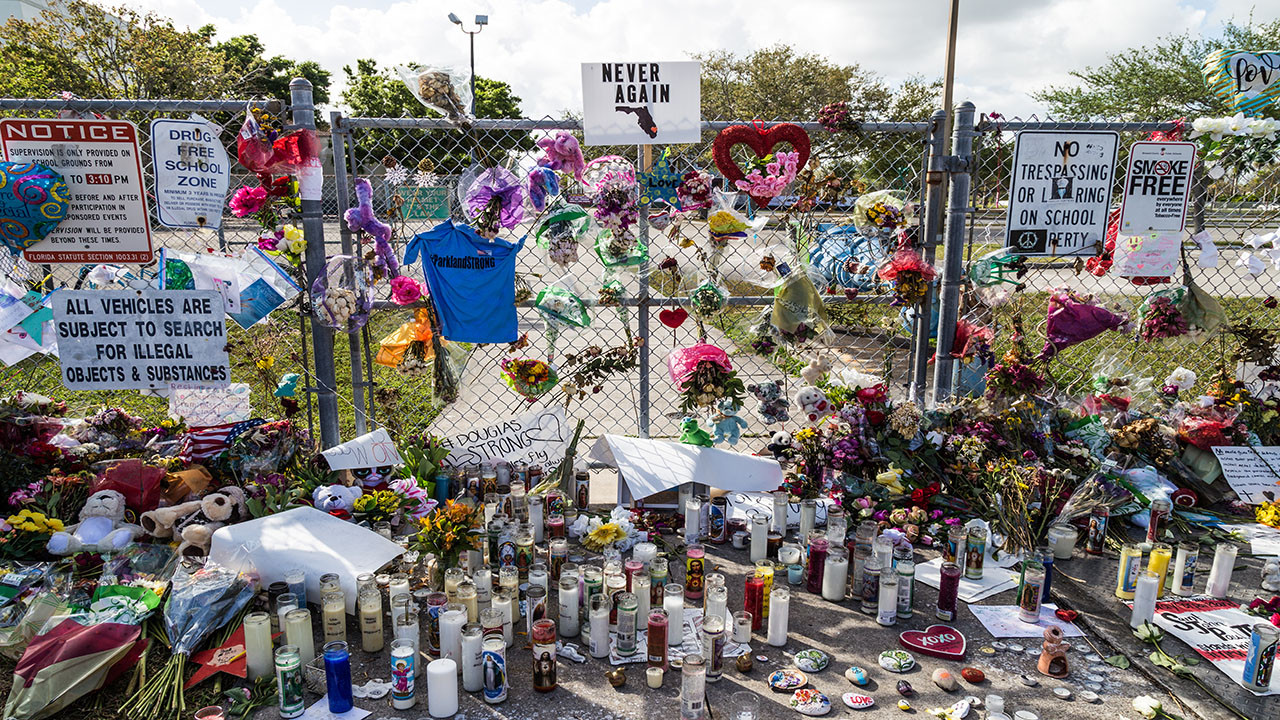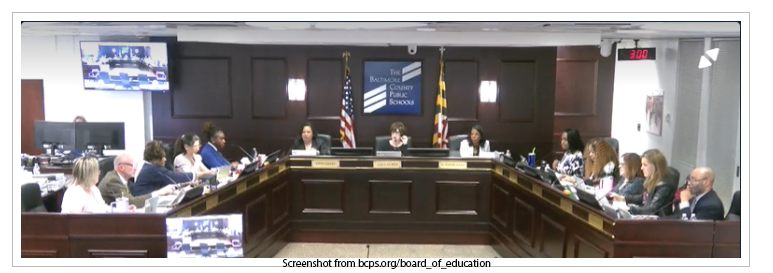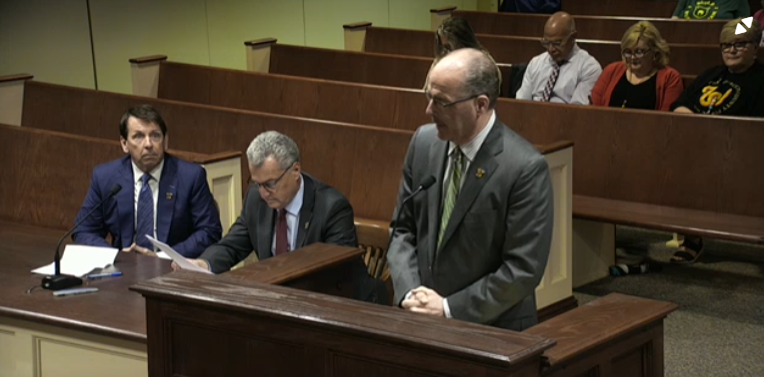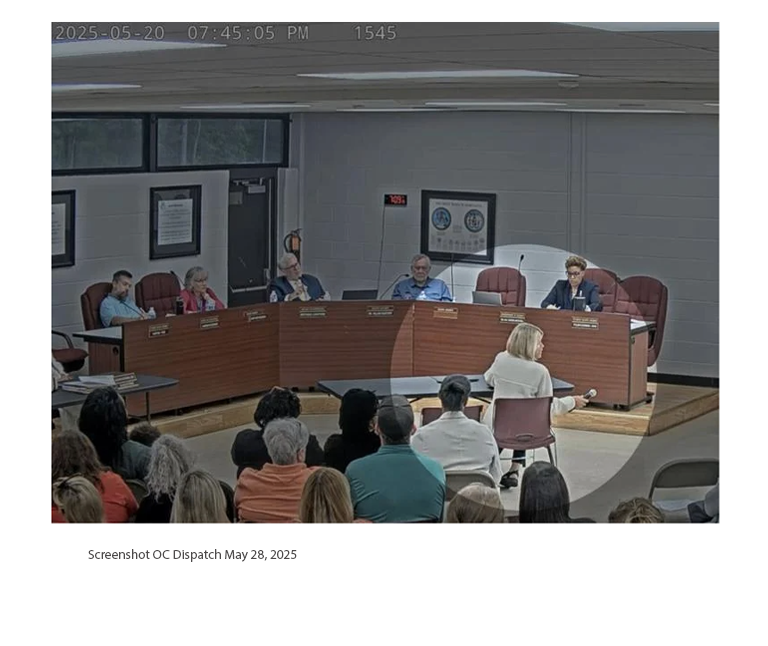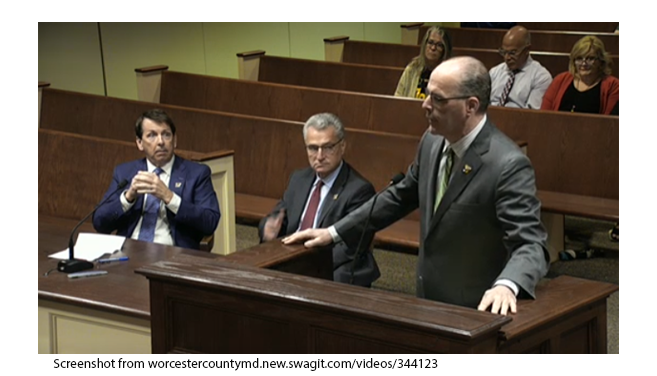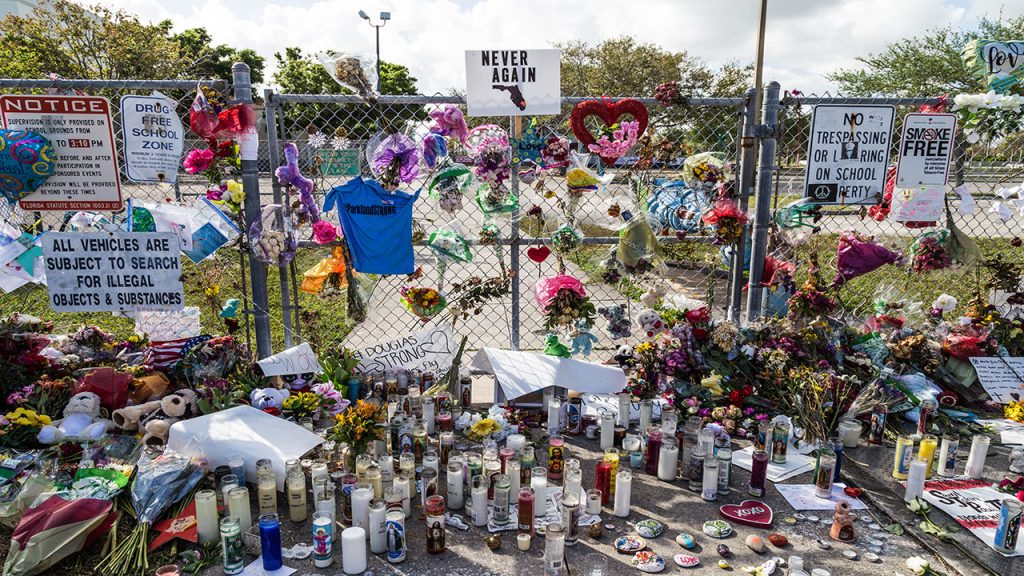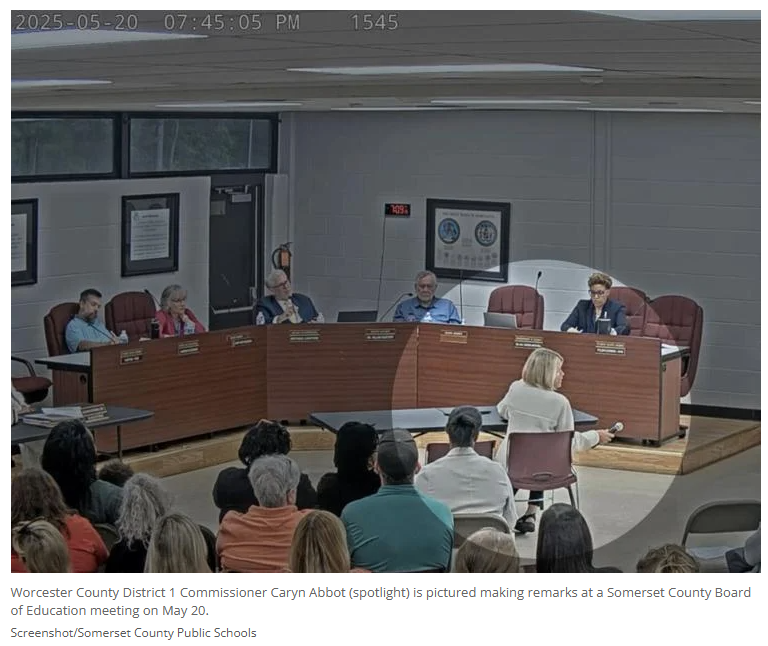

Behind the Scenes of School Safety: Addressing the Training Void for Educators Turned Incident Commanders
In the face of rising threats to school safety, the role of educators extends beyond imparting knowledge to navigating complex legal and ethical challenges. As Chris W. McCarty, a schoolteacher-turned-lawyer representing school districts across Tennessee, emphasizes in his article, “The Troubling Legal Gap in Schools’ Ability to Prevent Mass Shootings,” (Education Week November 01, 2023) current federal regulations often hinder educators in addressing online threats effectively. With almost 6,000 reports of school threats received by the FBI in 2022 alone, the urgency of this issue cannot be overstated.
One significant aspect contributing to this legal gap is the lack of adequate training in mental health and student behavior for school administrators. Most administrator graduate programs do not offer or require substantial education on these critical topics. Administrators, primarily educators, are not necessarily equipped to handle the complexities of mental health issues and behavioral concerns that may manifest in students.
Moreover, the educational requirements for administrators’ certification programs focus on legal and ethical issues, curriculum development, instructional leadership, and supervision. While these are undoubtedly crucial aspects of educational leadership, the absence of specialized training in managing crises such as school shootings is glaring. When major incidents occur, the designated “incident commanders” within schools often lack the necessary training to effectively manage these situations, as they are primarily educators without expertise in crisis management.
The article also highlights the aftermath of a tragic shooting at the Covenant School in Nashville, leading the Tennessee legislature to pass a law instituting a new type of zero-tolerance offense for students threatening mass violence. While such legislative measures are debatable, it raises the question of whether administrators, without adequate guidance, can consistently enforce these policies.
A critical issue arising from this lack of guidance is the inconsistency in responses to threats across different districts and even within the same district. McCarty’s observations underscore the need for a standardized approach, ensuring that administrators are well-versed in handling various situations effectively.
The complexities deepen when considering students with individualized educational programs (IEPs) and federal disability laws. Federal disability laws preempt state education laws, presenting a challenge when attempting to address threats from students with IEPs. The need for a “manifestation determination” meeting before taking disciplinary action may significantly hinder swift responses to potential threats, further complicating the already challenging task of ensuring school safety.
As we navigate these complexities, it becomes evident that a comprehensive overhaul of administrator training is imperative. Whether it’s addressing the legal gap, redefining administrator preparedness, or delving into the behind-the-scenes struggles of incident commanders, the urgency of the matter cannot be overstated. It is time to bridge the gap, ensuring that educators are not only equipped with the knowledge to educate but also empowered to safeguard the well-being of the students they serve.
Dig Deeper With Our Longreads
Newsletter Sign up to get our best longform features, investigations, and thought-provoking essays, in your inbox every Sunday.
The MEN was founded by John Huber in the fall of 2020. It was founded to provide a platform for expert opinion and commentary on current issues that directly or indirectly affect education. All opinions are valued and accepted providing they are expressed in a professional manner. The Maryland Education Network consists of Blogs, Videos, and other interaction among the K-12 community.

